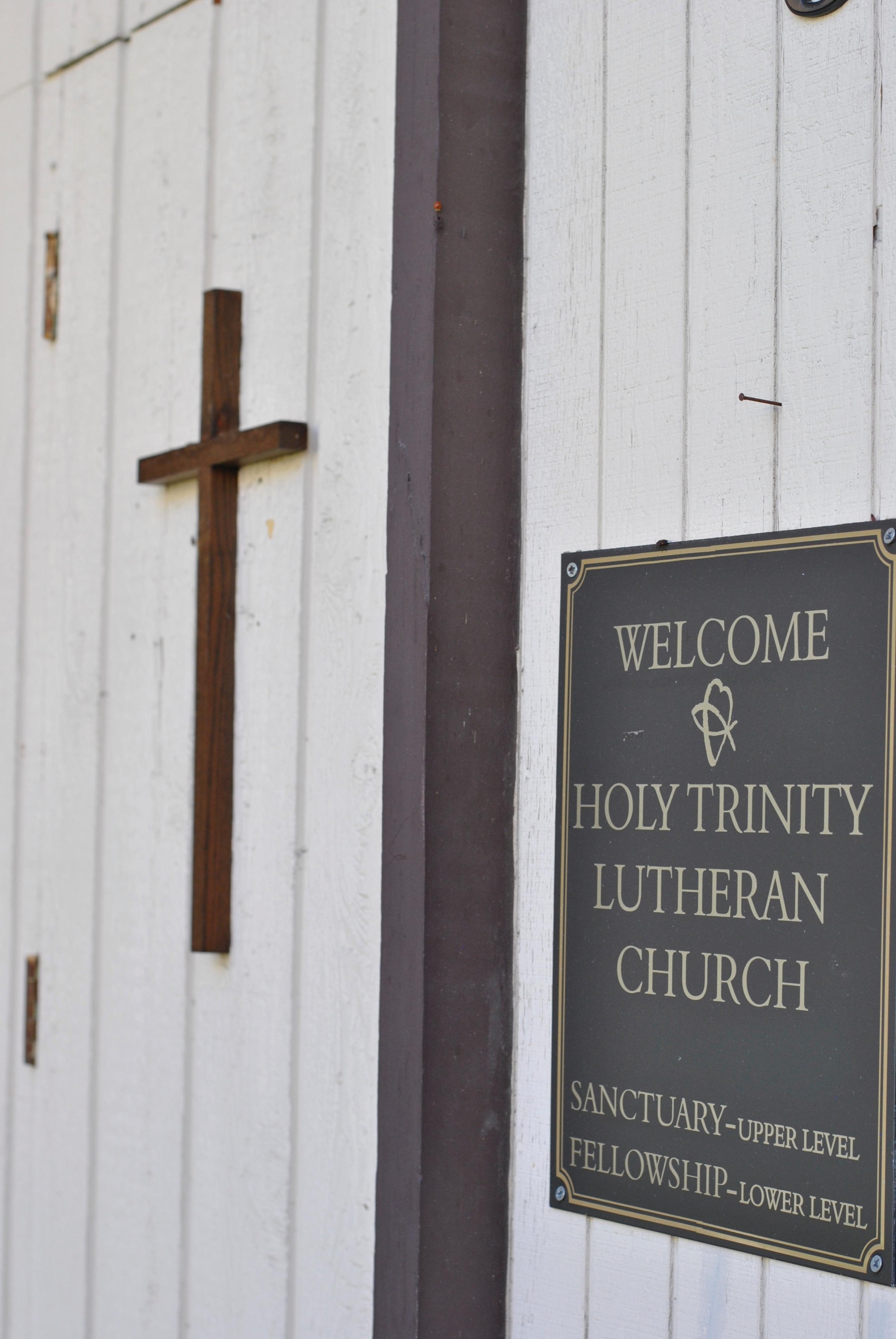Religion lecture will take a new look at African-American history
Dr. Albert J. Raboteau of Princeton University will be visiting USU on Thursday to deliver “Slave Religion and the Transformation of American Religious History,” a lecture on the history of African-American slave religions and the impact they have had on American religions as a whole.
The lecture will be held from 4:30-5:30 p.m. in Old Main 115.
The event’s program describes black Americans as important contributors to the knowledge of slave traditions that has surfaced in the past 30 years.
“These scholars explore that tradition, and provide surprising new looks at religious history in the process,” the program reads. “Voodoo, magic, revival Protestantism, Judaism, Rastafarianism, Catholicism, even free-thinking humanism – all have played a role in weaving the complicated tapestry of the legacy of slavery, freedom and religion in the black experience in America.”
Until recently, not much was known about the religions of slaves prior to the Civil War.
“The difficulty we primarily face as historians in understanding slavery is that very few sources survive that come directly from the slaves,” said Dr. Kyle Bulthuis, a historian of early American history and USU professor. “We have politicians’ speeches, newspaper accounts, slaveowner letters and diaries and abolitionist reports. A few notable former slaves such as Frederick Douglass wrote autobiographies, but they were often very exceptional individuals. It is difficult to reconstruct how slaves lived, what they thought and how they felt with so few sources from them at our disposal.”
Raboteau will explain the way slaves lived their everyday lives and whom they worshiped. Bulthuis said Raboteau helped create a new way of discovering slave experiences.
Raboteau’s mentor and adviser, John Blassingame, was one of the first people to understand the relationships and influences between African culture and the African-American slaves. Raboteau followed in his footsteps and brought even deeper understanding to this topic, especially in the area of religion. Bulthuis said religion was “essential to slave experience.”
Raboteau also studied under Sydney Ahlstrom, a leading scholar of American religion. With these impressive credentials, Raboteau’s insight and experience on the topic should an interesting and worthwhile lecture, Bulthuis said.
“The black church has deep roots, ones that go back into the slave experience,” Bulthuis said. “A historical look shows slave religions go back to traditional religions that honored the land and ancestors, and that fought evil spirits, and even included connections to Islam, a very different world religion. Raboteau was able to uncover many of those connections.”
Dr. Raboteau will be speaking about ideas that will be foreign to most students. Most people have a general understanding of slavery and know religion had an important role in the lives of Black slaves, Bulthuis said, but it is difficult to understand the complex relationship between slave culture and that of the white Americans who existed in the same world.
“When we link these two areas – the history of slavery, black experience and American religion – we get a very different picture of both worlds,” Bulthuis said. “Raboteau’s talk promises to help explain how the field of religious studies was transformed when scholars began to look at black religion from a new perspective. By including slave experiences, we came to understand non-slave experiences differently as well.”
The lecture will give USU students an opportunity to learn more about parts of American history that weren’t taught in their regular history classes, Bulthuis said.
“I know people like Martin Luther King Jr. and others who were involved in the Civil Rights Movement were leaders of black churches, but that’s all we ever really learned,” said Sierra Osmun, a freshman majoring in elementary art education. “I don’t really know about the actual religions or how they have affected American history.”
A two-session symposium will be held Friday for students who want to learn more about the topic
in rooms 201 and 203 of the Eccles Conference Center. The first session will be held from 9:30-11 a.m and the second session will be from 1-2:30 p.m.

